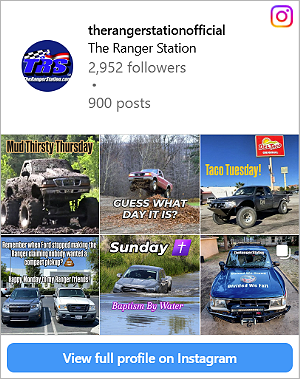jimtmcdaniels
Member
Last nite's rain down pour, drove through some really deep water, a flooded street, up to the bottom of the truck or more.
The engine started to die and I gunned it some at the end to get through and it died on the way out on dry ground.
When I went to restart, it acted like the battery was dead, I think now it was that the starter couldn't turn the engine with water in some of the cylinder(s).
It finally started and sputtered and then started running like normal but with a loud ticking sound that gets louder with higher rpm's.
Sounds like it may be coming from the lifters.
So is it excessive valve lash, did one of the lifter rods bend or did a hydraulic lifter die or could it be something else?
How easy/hard to fix the noise?...
170,000 miles on truck.
Thanks for the help.
Jim
The engine started to die and I gunned it some at the end to get through and it died on the way out on dry ground.
When I went to restart, it acted like the battery was dead, I think now it was that the starter couldn't turn the engine with water in some of the cylinder(s).
It finally started and sputtered and then started running like normal but with a loud ticking sound that gets louder with higher rpm's.
Sounds like it may be coming from the lifters.
So is it excessive valve lash, did one of the lifter rods bend or did a hydraulic lifter die or could it be something else?
How easy/hard to fix the noise?...
170,000 miles on truck.
Thanks for the help.
Jim












